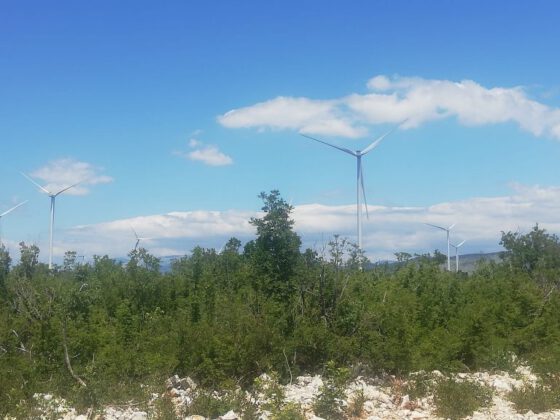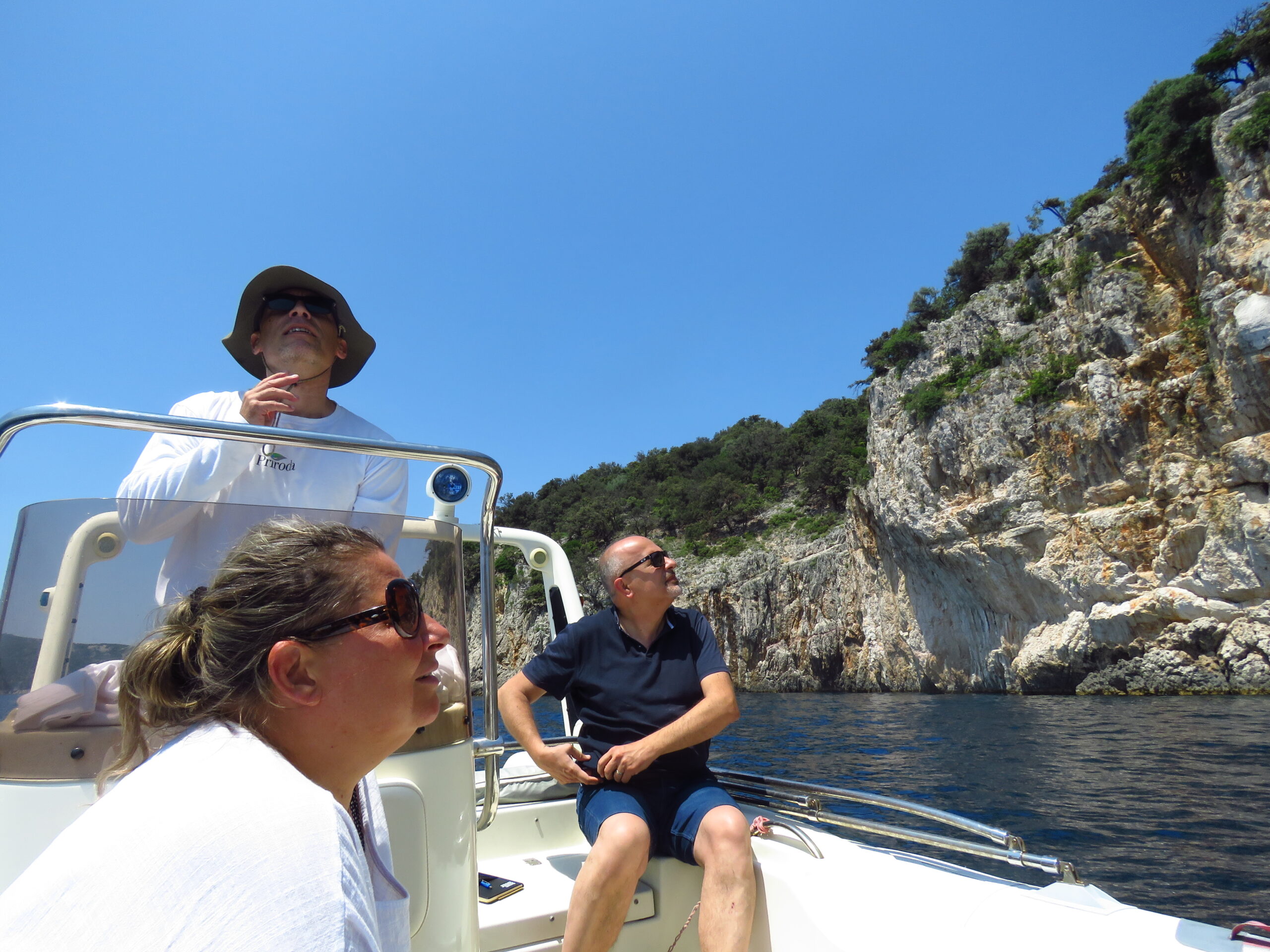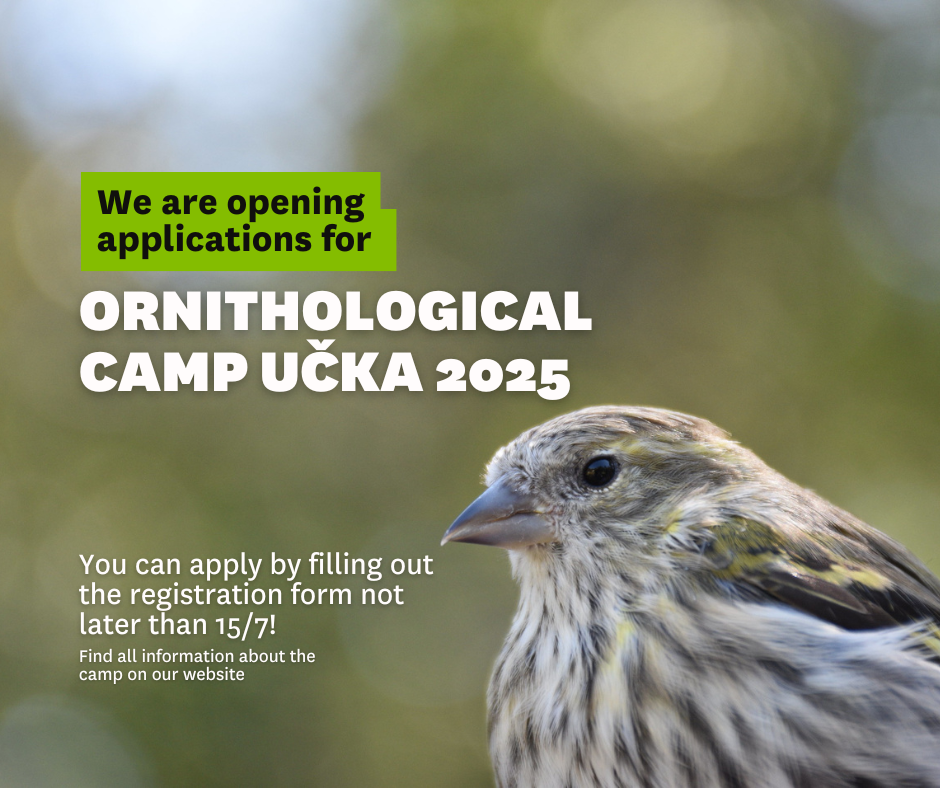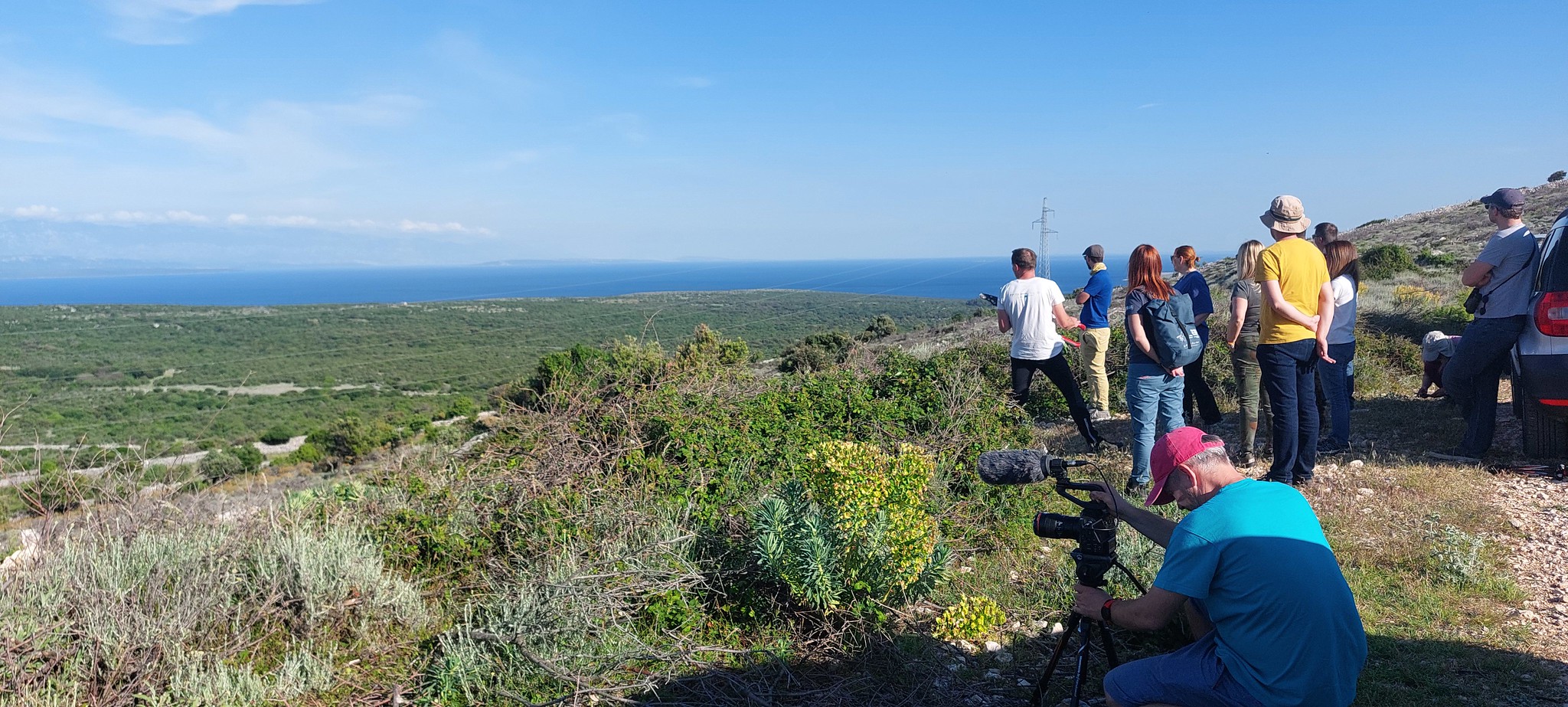
The latest European Commission publication on the violation of EU legislation by individual EU members included Croatia. The EC indicates that Croatia did not properly apply the Habitats Directive when approving changes to individual wind power projects. In particular, changes to such projects were approved without assurances that they would not negatively affect the integrity of the ecological network, which was repeatedly pointed out by the BIOM Association.
The Habitats Directive mandates that projects that could significantly affect areas of the Natura 2000 ecological network, individually or in combination with other plans or projects, can only be approved if it is determined that their implementation will not adversely affect the integrity of the areas in question. It’s important not to forget that the ecological network Natura 2000 is a key tool for the preservation of biodiversity in the territory of the European Union.
The European Green Plan and the 2030 Biodiversity Strategy show that it is crucial for the EU to stop the loss of biodiversity by protecting and restoring it. The Commission sent Croatia a formal notice letter in May 2020 and, despite some progress, the Croatian authorities have not fully resolved all complaints and have refused to take any measures to resolve the identified issues. Given that the Commission concluded that the state does not fulfill its obligations in accordance with EU legislation, it decided to go one step further in the procedure for violation of EU law and send a reasoned opinion to Croatia, in other words, an official request to ensure compliance with EU legislation. It explains why the Commission considers Croatia a violator of EU law and asks Croatia to respond and take the necessary measures within two months.
What has actually happened since the spring of 2020 is largely unknown to the public, because neither the Republic of Croatia nor the European Commission publicly communicate the processes until they are completed. However, based on information found on the website of the Ministry of Economy and Sustainable Development, it seems that some of the projects from the procedure for violation of EU law have decided to comply with the procedures (e.g. Vrataruša II), while for some it is not evident that any positive progress has been made (eg Krs Pađene and Senj).
In January 2022, the Ministry of Economy and Sustainable Development issued a decision about the intended modification of the Vrataruša II wind farm so that it is necessary to carry out both the environmental impact assessment procedure and the main acceptance assessment for the ecological network. Let’s remind you that in 2020, in a legal dispute between the Association Biom and the Ministry, the High Administrative Court annulled the decision of the then Ministry of Environmental Protection and Energy for the modification of the Vrataruša II wind farm, which stipulated that it was not necessary to carry out either of those two procedures.
As for the Krš Pađena wind farm, it is known that on 5/28/2020, just 1 day before the arrest of Josipa Rimac, the company C.E.M.P. d.o.o. submitted a request for the expansion of the Krš Pađene wind farm. In this case, in August 2020, the Ministry has already made a decision that for the expansion of the Krš Pađene wind farm, the possibility of significant negative impacts on the conservation goals and the integrity of the ecological network area cannot be ruled out, and the preparation of the Main Acceptance Assessment for the ecological network is mandatory.
On the other hand, in 2020 the High Administrative Court rejected the appeal of the Biom, Sunce and Zelena akcija associations in the case against the Senj wind farm project. For the 2nd modification of the Senj wind power plant, after the Chinese state company Norinco International Cooperation took over the location and the project, the Ministry decided that it is not necessary to carry out any environmental impact assessment procedure, even though this is a project even more powerful than the controversial Krš Pađene wind power plant. Moreover, the ministry made that decision in secret. Neither the opinion of the ministry, nor the subsequent location permit were made public, and the associations became familiar with the fact that the project had started construction by mere chance, through media articles.
Hereby we would like to warn that if Croatia does not properly apply the Habitats Directive regarding the approval of wind power projects affecting Natura 2000 ecological network areas, the Commission may decide to refer the case to the Court of Justice of the European Union.
The full announcement of the European Commission can be viewed at:
https://ec.europa.eu/commission/presscorner/detail/en/inf_23_142






